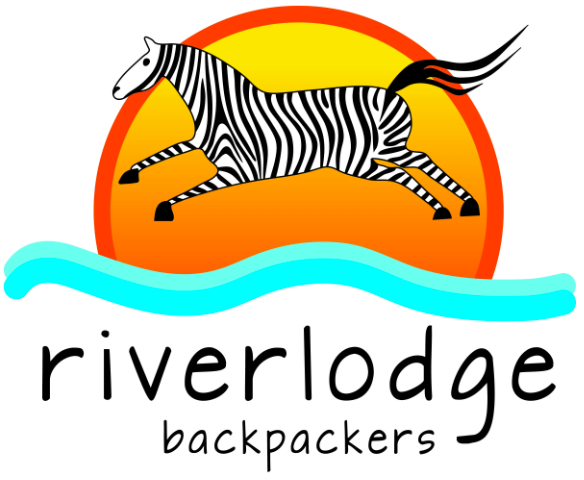
From the Cape to the World: The Enduring Story of Afrikaans
By Edward van VuurenFrom the Cape to the World: The Enduring Story of Afrikaans
The tale of Afrikaans is a compelling narrative of adaptation, resilience, and cultural fusion, born from the diverse interactions at the Cape of Good Hope. More than just a language, it's a living record of South Africa's complex history.
A Seed Planted in the Cape: The Genesis of Afrikaans
The 17th-century Dutch East India Company settlement at the Cape created a melting pot of Dutch settlers, enslaved people from Southeast Asia and Africa, and indigenous Khoisan. Within this diverse community, the foundations of Afrikaans were laid.
- Dutch Roots: 17th-century Dutch forms the primary base, though "Cape Dutch" already showed divergence.
- Linguistic Contact: Interaction with other languages spurred simplification of Dutch grammar and the adoption of new words.
- Malay and Creole Influence: Enslaved people from Southeast Asia contributed vocabulary related to everyday life.
- Khoisan Contributions: While debated, some words and sounds are believed to have Khoisan origins.
The Evolution: From Dialect to Distinct Language
Initially considered a Dutch dialect, Afrikaans gradually developed unique characteristics.
- Grammatical Simplification: Complex Dutch inflections were largely lost; the double negative became a defining feature.
- Vocabulary Expansion: Words from Malay, Khoisan, Portuguese, and others enriched the lexicon.
- Phonetic Shifts: Pronunciation diverged from Dutch with changes in vowel sounds and new consonants.
The development of Afrikaans was a centuries-long, organic process shaped by the needs of its diverse speakers.
Afrikaans in the 19th and 20th Centuries: Taking Root
These centuries saw Afrikaans solidify as a distinct language with growing societal prominence.
- Early Written Texts: The late 19th century saw the emergence of written Afrikaans in religious texts, poems, and stories.
- The Genootskap van Regte Afrikaners (GRA): Founded in 1875, the GRA championed Afrikaans, publishing the first Afrikaans newspaper, Die Patriot, and working towards standardization.
- Official Recognition: In 1925, Afrikaans gained official language status alongside English, a significant victory for the language movement.
- Afrikaans and Apartheid: Tragically, the apartheid regime exploited Afrikaans as a tool of oppression, tarnishing its reputation and creating societal divisions.
Afrikaans Today: A Language of Diversity and Resilience
Despite its complex past, Afrikaans thrives as a dynamic language in post-apartheid South Africa.
- A Language of Many Communities: Spoken by diverse groups, including Afrikaners, Coloured communities, and some Black South Africans, serving as a unifying force.
- A Language of Creativity: A vibrant literature, music, and film scene showcases its expressive power.
- A Language of the Future: Adapting to the 21st century with new technologies and evolving usage.
- A Global Presence: Online communities and academic exchange contribute to its international reach.
The Influence of Afrikaans:
- Provides a strong sense of cultural identity.
- A compelling example of language evolution and creolization.
- Boasts a rich literary and artistic tradition.
- Has played a significant role in South African society and politics.
Afrikaans captivates because it's a language of transformation, diversity, and resilience, a testament to human communication and cultural exchange. Its journey from humble beginnings to a prominent South African language continues to inspire.
Afrikaans is more than words; it's a living archive, a cultural tapestry woven from history. It invites us to explore the past, celebrate the present, and embrace the future.
Your Cape Town art adventure awaits! From hidden galleries to First Thursdays, let Riverlodge Backpackers be your artistic launchpad, offering the perfect base in the heart of the city. Whether you seek gallery openings, street art, or a creative community, we've got you covered.
Don't just read about the art – experience it! We help craft your perfect art-filled itinerary, tailored to your passions.
Ready to dive into Cape Town's vibrant art scene? Contact Riverlodge Backpackers today to book your stay and unlock the artistic soul of Cape Town.
For more information or to make a reservation, reach out to us:
Phone: +27 (0) 21 448 0526 / +27 (0) 82 515 0407 Visit us: Oude Molen Eco Village, Alexandra Road, Pinelands, Cape Town, South Africa (GPS: 33° 56' 22.5" S / 18° 29' 22.2" E) Email: [email address removed] or admin@riverlodge.co.za
We're happy to assist you in creating an unforgettable Cape Town experience.
Blog written by Edward van Vuuren, Cape Town Art Enthusiast & Travel Expert, your local guide to Cape Town's artistic treasures.

